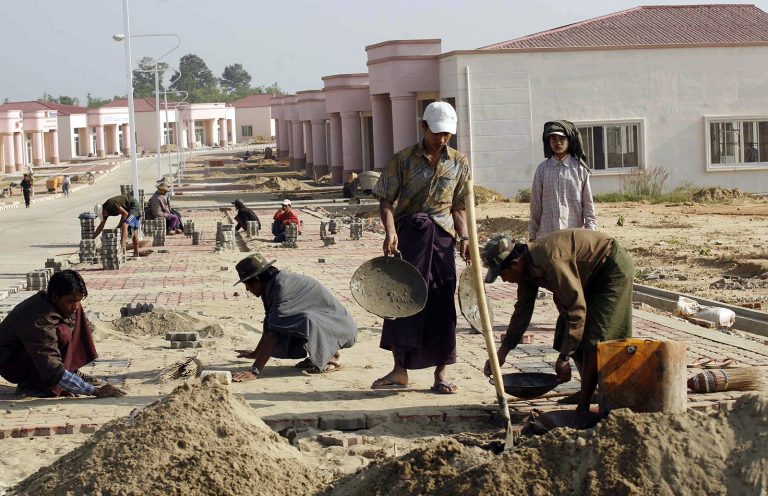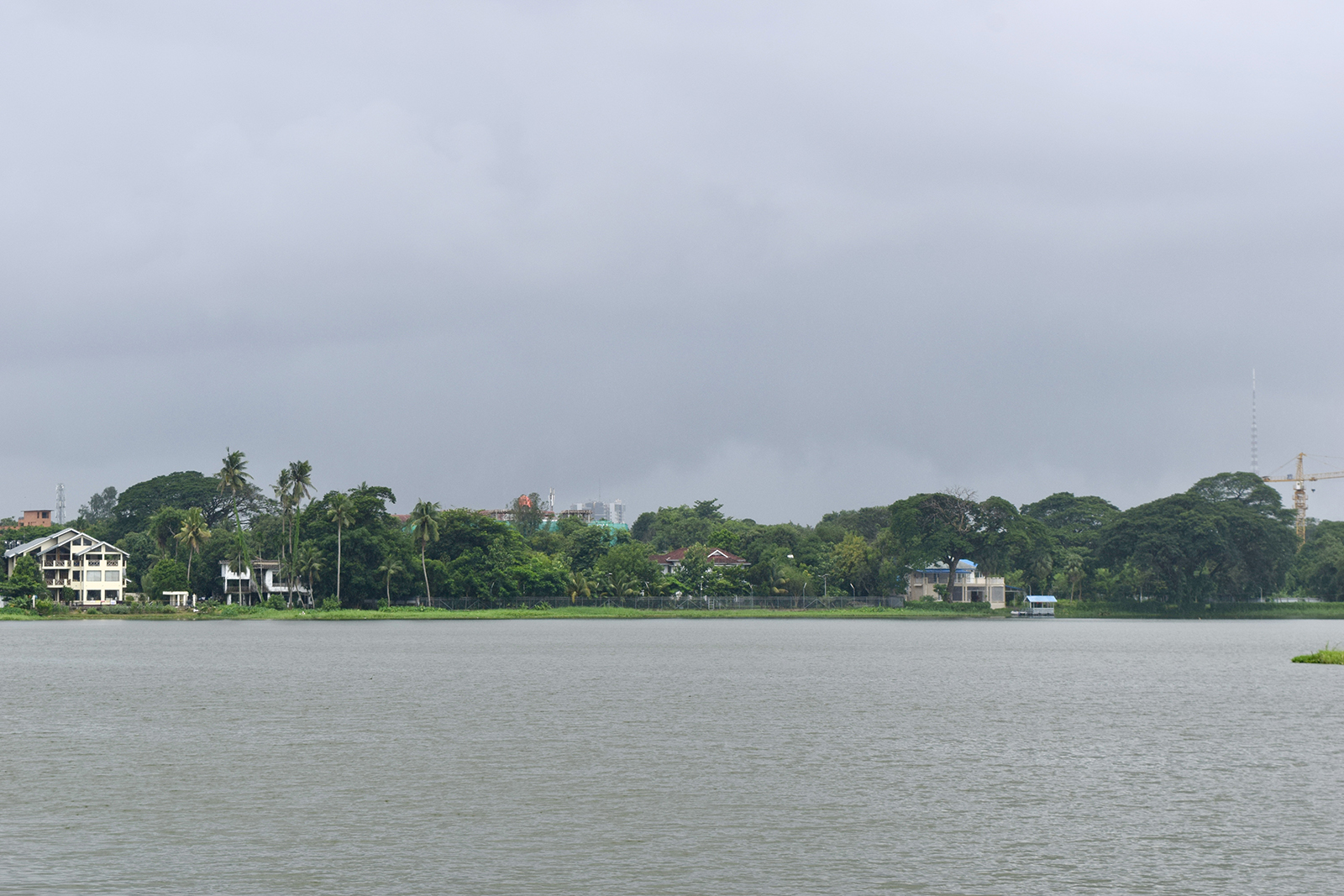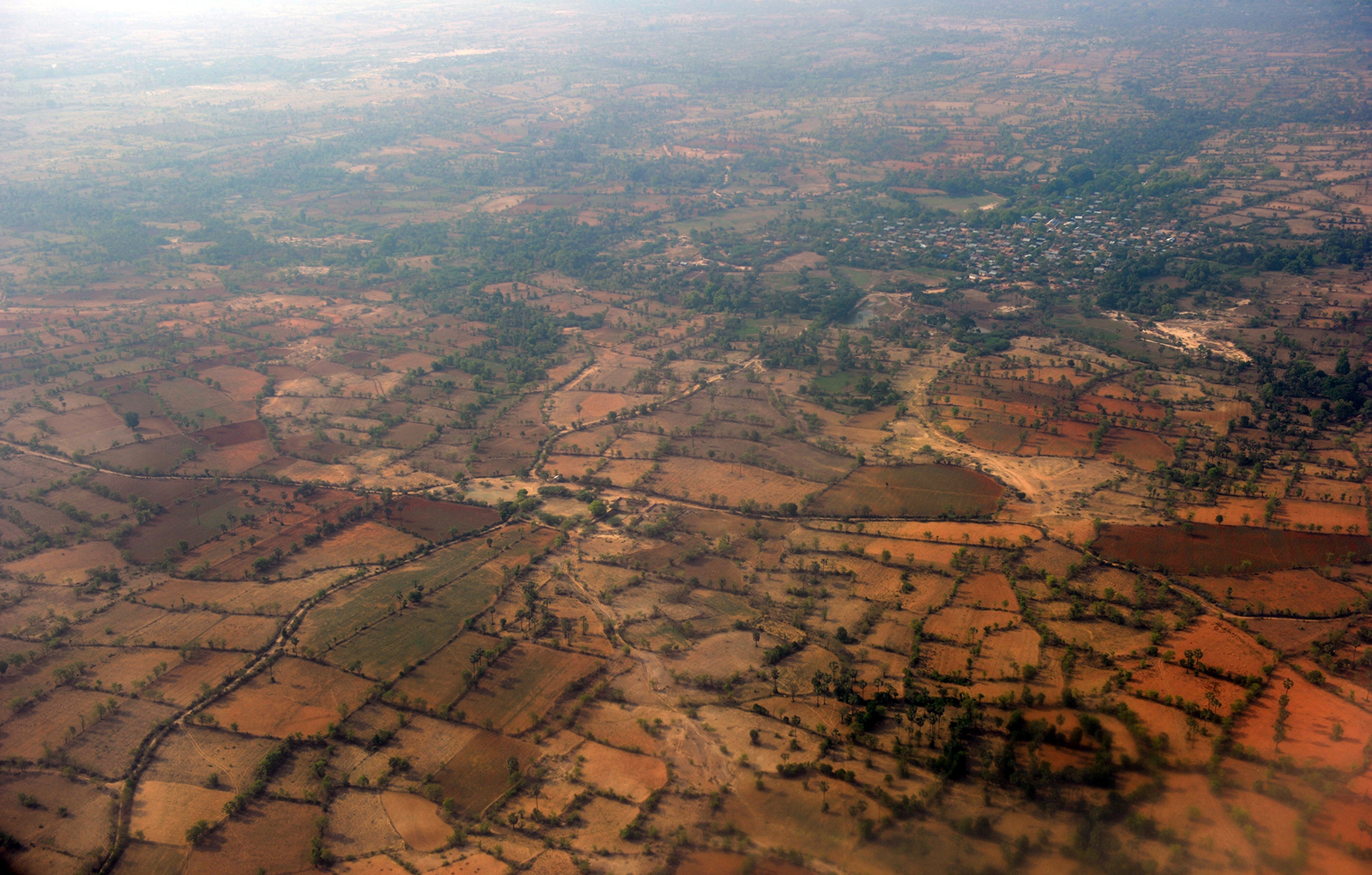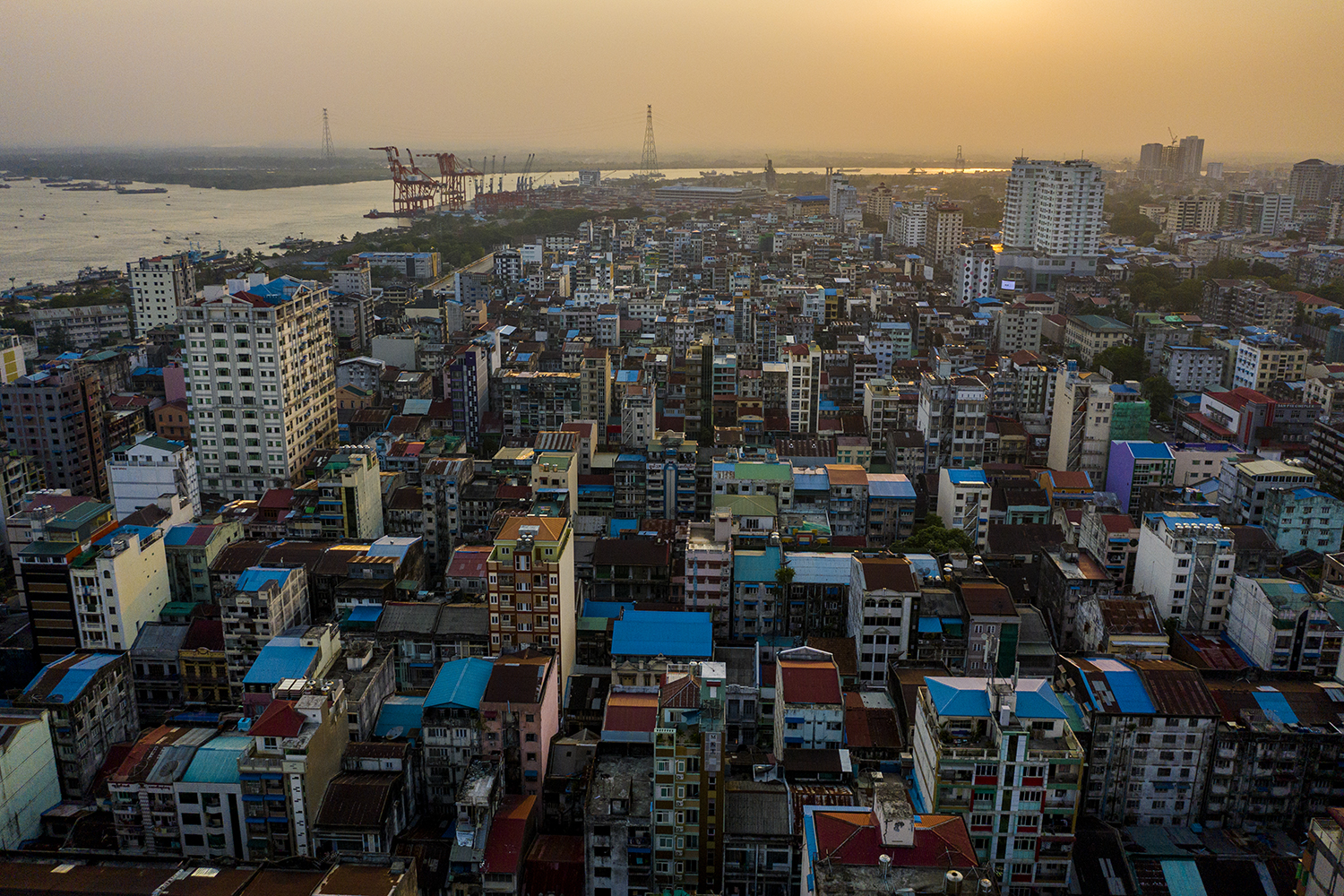The government has suspended work on all low-cost housing projects until after the November 8 election to avoid causing inconvenience for squatters who want to vote, Deputy Construction Minister U Soe Tint said last week.
The decision follows reports about voter list discrepancies in areas with large squatter and migrant worker populations, including industrial zones on Yangon’s outskirts, where thousands of people have not been enrolled.
“If the squatters are displaced it will be difficult for them to vote, so the projects were suspended,” U Soe Tint, told a news conference in Nay Pyi Taw on September 28.
“When the election is over, work on housing projects will resume,” he said.
The objective of the projects was to provide housing at the lowest possible price for squatters being resettled, the deputy minister said.
Support more independent journalism like this. Sign up to be a Frontier member.
Asked where the low-cost housing was being provided for squatters, U Soe Tint said that if he revealed the locations “a place with only one family will be crowded with ten-thousand squatter families in a few days, so excuse me for not answering this question”.
U Soe Tint clarified that when building work resumed on low-cost housing after the election, people squatting on the land would be temporarily relocated until they could be resettled in new accommodation at the original location.
Most of the suspended projects are believed to be in Yangon, which has a squatter population estimated at 200,000 and is a stronghold of the opposition National League for Democracy.
As well as large numbers of squatters missing from voter lists, questions have also been raised over the electoral implications of the government’s involvement in resettlement decisions for the needy after the vote.
It has been reported that squatters listed by the government as illegal tenants are likely to get preferential treatment in the allocation of low-cost housing units.






